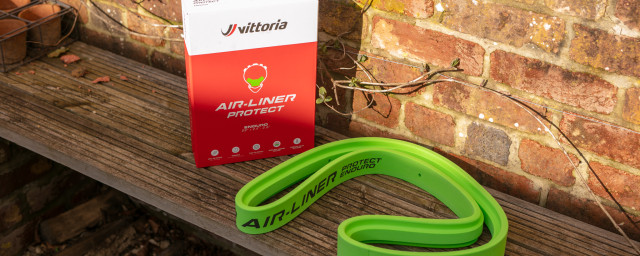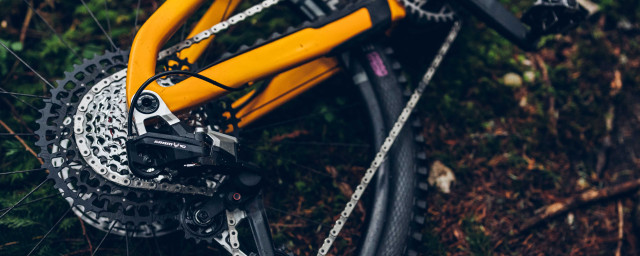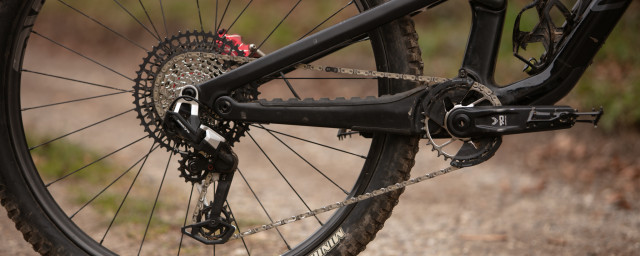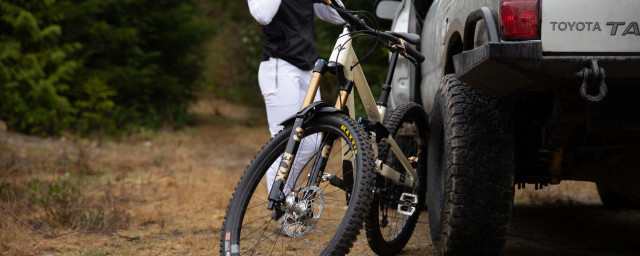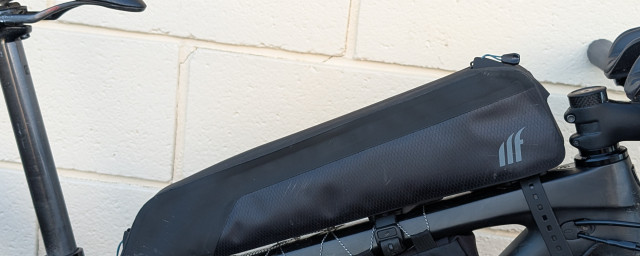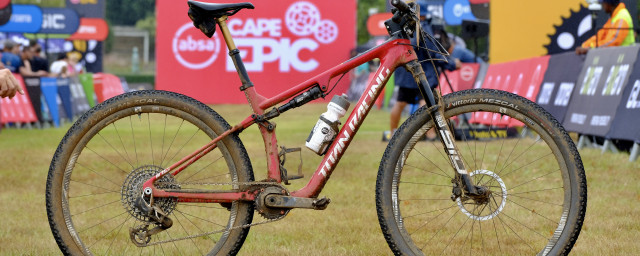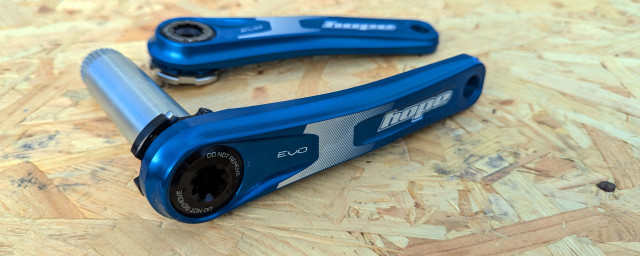South African MTB brands you should know
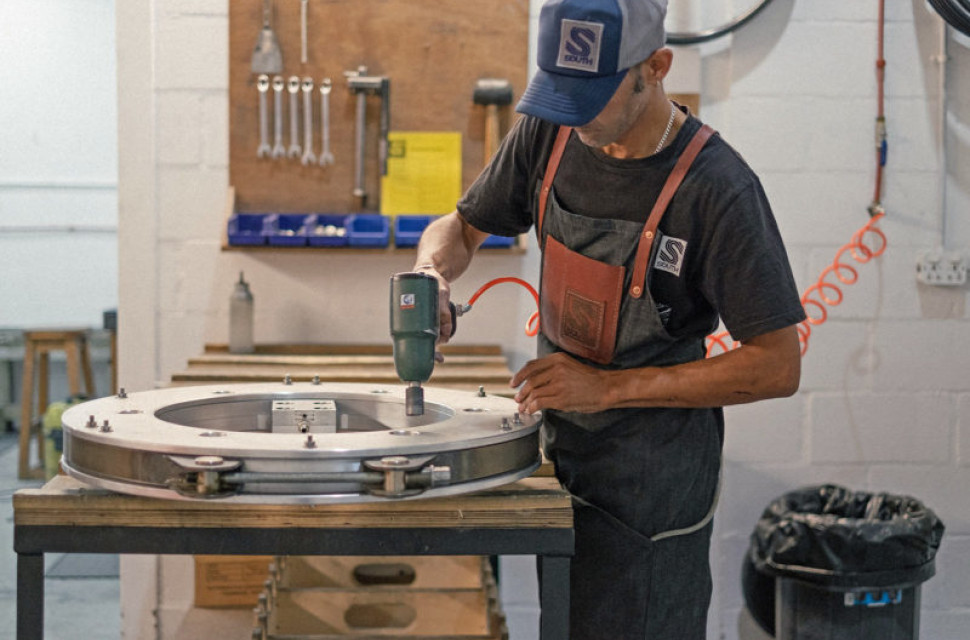
Mountain biking might be dominated by the Northern Hemisphere's market size, brand headquarters and race venues but the South doesn’t lack influence.
- Komoot vs Strava - which cycling app is best for you?
- 11 tools every home bike mechanic should own
- The best gravel bikes we've tested that you can buy and get shipped to your door
Arguably the greatest downhill mountain biker of all time, Greg Minnaar, is South African. And Minnaar’s influence on carbon-fibre frame and wheel technology has been enormous. It could be argued that long-travel 29er carbon mountain bikes and progressive geometry frames for taller riders, would never have happened a lot later and developed slower, without Minnaar’s agency.
Beyond producing the GOAT of downhill racing, South Africa also hosts the world’s most extreme mountain bike stage race. The Cape Epic tests rider endurance and component durability like no other.
With the legacy of Greg Minnaar and torture testing of the annual Cape Epic, it’s unsurprising that South Africa has a small but credibly advanced mountain bike industry. Africa’s most industrialised economy has technical competence developed by its mining, aerospace, automotive and defence industries. Combine that with an outdoor activity-biased population who love to ride, and you have the elements to create some globally lesser-known, but valuable, carbon mountain bike and wheel makers.
A frame-building icon goes carbon
Pyga is South Africa’s boutique mountain bike brand. Legacy mountain bikers will be familiar with its founder and designer, Patrick Morewood. During the late 2000s, Morewood downhill and freeride bikes were renowned for their utilitarian appearance and riding ability.
After exiting his eponymous frame brand, Morewood established Pyga. And its Mobu is an example of how the Cape Epic and South African domestic technology have created one of the world’s most impressive carbon mountain bike frames.
The Mobu categorises as a downcountry bike when built with a 120mm fork, 118mm rear-travel, and reasonably progressive geometry. It has been successfully raced at the Cape Epic, and with the frame accommodating a 135mm rear-shock option, it slackens down to a 66.5-degree head angle, creating what's regarded as a terrific trail bike.
Beyond its inspired suspension kinematics, a feature of all Partick Morewood designs, the Mobu’s structure is remarkable. The raw carbon finish is not surface layer fashion. It’s symbolic of this frame’s proudly South African production technique.
Superbikes wheels to trail bikes
Pyga has collaborated with Blackstone Tek (BST) to produce the Mobu. A composite specialist, BTS is highly regarded in the motorcycle industry, producing carbon-fibre wheels for esteemed superbike brands.
Monocoque motorcycle wheels are some of the most complex and challenging carbon-fibre structures to create. BTS’s proven skill and expertise in creating some of the world’s best composite motorcycle wheels transfers perfectly to the mountain bike realm, with Pyga’s Mobu.
Most carbon-fibre frames are made using bladder inflation, which shapes pre-positioned carbon sections inside a mould. The issue is that hydraulic migration can happen as the bladder inflates, creating creases and voids in the structure as it is pressured within the mould. It’s also challenging to evacuate all the bladder material, without leaving any residue or contaminants.
BST doesn’t use bladders or disposable formers. Designers and technicians at BST use reusable internal formers to deliver precise and repeatable compaction. And that accurate compaction, courtesy of BST’s construction methods, gives the Pyga Mobu frame such tremendous impact resistance.
The unavoidable truth is that boutique brands, producing in lower volumes, will always be at an advantage regarding carbon-fibre frame quality. Adding scale implies some trace of compromise with carbon-fibre production. Despite the advanced structural properties of source carbon, the basic production techniques remain very labour-intensive, with little opportunity for automation.
If you want the best quality carbon-fibre frame, it’s unlikely to be made in a factory producing thousands of carbon structures annually. Much like the high regard legacy riders still have for bou6qiue steel and titanium frames, where the handmade fabrication limits production volumes, the same applies to Pyga’s Mobu. Nearly all carbon-fibre frames claim to be ‘handmade’, but not all benefit from the techniques and advanced tooling that Blackstone TEK provides.
South Industries wheels
Two regions rank as South Africa’s mountain biking geographies of choice: the KZN Midlands and Cape Town. Pyga is headquartered in the town of Howick, which sits in the middle of KZN’s Midlands region, and further south, in the Western Cape, is the country’s carbon wheel specialist – South Industries.
Based in Cape Town and founded by engineers with skills ranging from the aviation and automotive industries, South Industries makes some of the world’s best carbon rims. Like Pyga, the South crew are real riders and don’t shrink from the challenge of doing everything themselves.
During the company’s initial growth phase, South found imported autoclaves too expensive. The solution? They built their own.
The brand has grown tremendously and is proudly South African. From the layup tools to the curing and finishing process, South does it all in-house. Sourcing labour with the required skills and tactility to work with carbon material isn’t easy. Many of South’s skilled craftspeople are from Cape Town’s globally regarded yacht-building industry, where the arts of precision cutting, trimming and material handling are developed.
Enduro, XC and XCR rims
South’s mountain bike products include an Enduro and ultra-lightweight XC rims. With a 31mm internal diameter, the South Enduro rim is optimised for the latest generation of wide casing tyres, sized 2.4-2.6in. The South Enduro rim weighs 515g, and South’s in-house production skills ensure exact design replication. That means less imbalance between the resin and carbon material matrix, and the truest final rim construction, faithful to South’s CAD designs.
With the world’s most extensive multi-day stage racing calendar, South Africa is a testing ground for carbon rim durability unlike any other. All South African stage races have elements of the Cape Epic along the route. The country’s intense geology creates lots of rock fragments for trail builders to integrate when building routes, which they do with abandon. If your ultralightweight carbon wheelset can survive a season of South African mountain bike stage racing, it will be fine anywhere else in the world.
South Wheels has campaigned with distinction at all of South Africa’s stage races: the Cape Epic, Wines2Whales, Sani2Sea and Berg&Bush. The brand’s latest product offering is its XCR rim, an even lighter version of the proven XC version. South’s engineers claim to have managed to trim 20% in weight from the XC rim, delivering the XCR to market at only 310g, with an internal diameter of 28mm.
Carbon components tested in the toughest conditions
You might ask why South African carbon-fibre mountain bikes and rims are important. There are several reasons. As the pandemic proved, a diverse global supply chain is more valuable than having Asia as the sole source for everything.
South Africa offers an attractive price-to-quality matrix, too. The country’s currency is vulnerable and trades disadvantageously to the Sterling, Dollar and Euro. That means you buy world-class engineering, production and finishing skills at discounted developing economy prices due to currency vulnerability.
But perhaps the most compelling reason South African carbon mountain bike components are compelling, is their durability. African trails are raw and rocky. South African mountain bikers are also larger than the average global rider. That means a demanding customer profile for South African mountain bike brands like Pyga and South: big riders, rolling long distances over rocky terrain. The entire year.
With abundant sunshine and fair weather, South Africa doesn’t have a ‘riding’ season like Europe. Riders tally huge mileages off-road, year-round. With some of the biggest mountain bikers you’ll ever see riding rocky terrain weekly, all year, South African carbon bikes, like the Mobu from Pyga, and wheels from South, earn their reputation.





